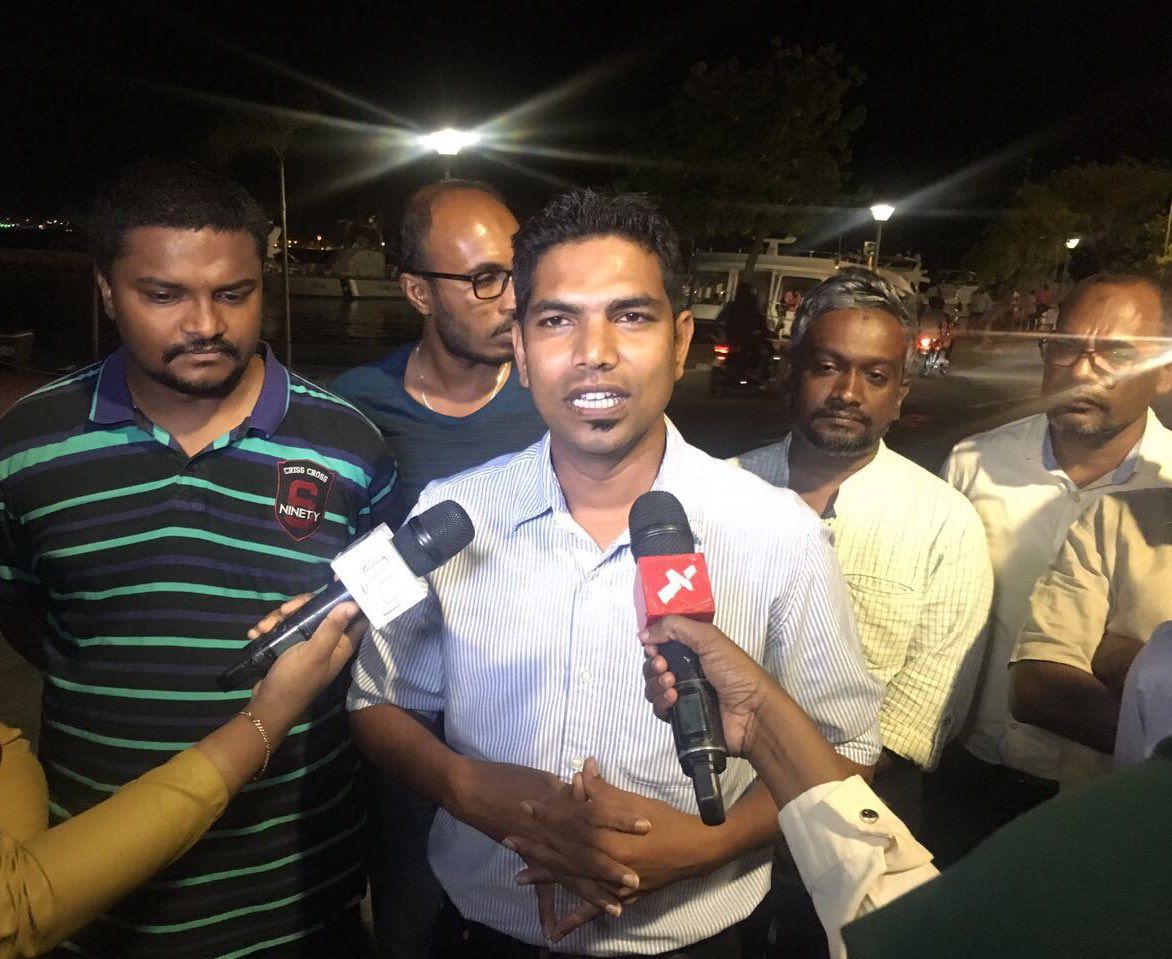MDP vice president accused of defaming Elections Commission
Shifaz, a former lawmaker, was summoned for questioning Tuesday night for alleging during the 2017 local council elections campaign that the independent electoral body was subject to undue influence from President Abdulla Yameen.

17 Aug 2017, 09:00
Mohamed Shifaz, the vice president of the main opposition Maldivian Democratic Party, has been placed under investigation over a defamation complaint filed by the Elections Commission.
Shifaz was summoned for questioning Tuesday night for alleging during the 2017 council elections campaign that the independent electoral body was subject to undue influence from President Abdulla Yameen, whom he accused of attempting to change results in close races after the ruling party suffered heavy losses in the May 6 polls.
“They wanted to find out how I obtained that information. Although President Yameen wanted to alter the election results, it did not happen because of the EC employees and the awareness of the people,” Shifaz told reporters after emerging from the police headquarters.
As “everyone knows everyone” in a small country like the Maldives, the former lawmaker said he has friends and associates employed at the commission and other state institutions.
Become a member
Get full access to our archive and personalise your experience.
Already a member?
Discussion
No comments yet. Be the first to share your thoughts!
No comments yet. Be the first to join the conversation!
Join the Conversation
Sign in to share your thoughts under an alias and take part in the discussion. Independent journalism thrives on open, respectful debate — your voice matters.




